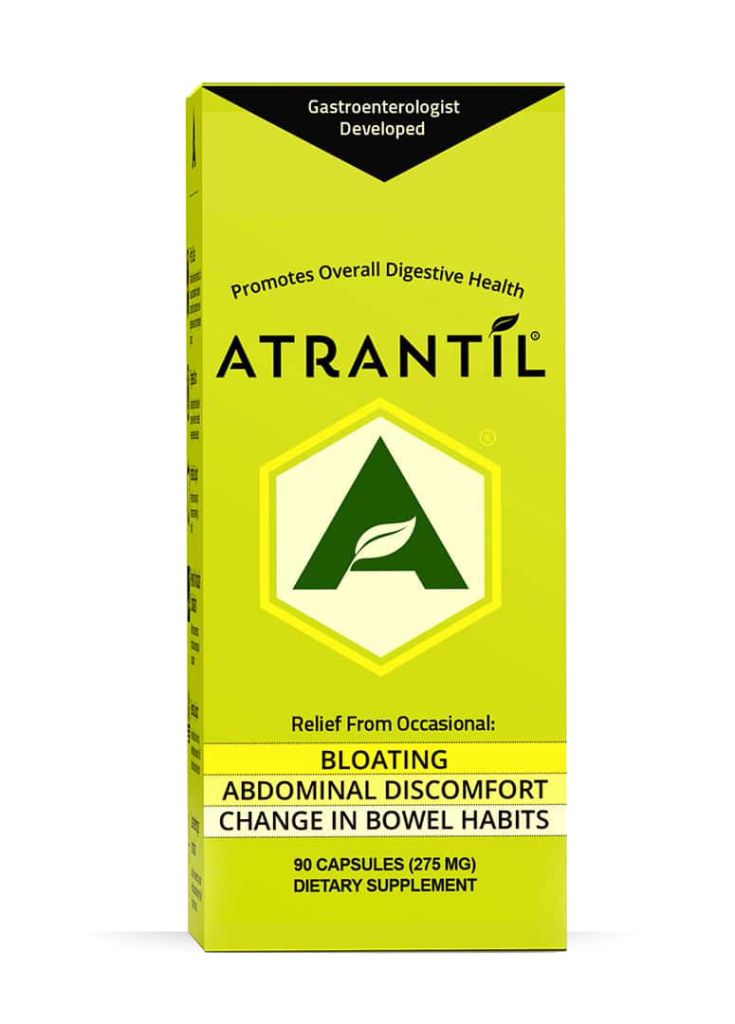What Causes Bloating

New research shows gas-producing bacteria in the small intestine can cause bloating and abdominal discomfort. For decades, members of the medical community focused on alleviating abdominal discomfort by targeting the colon.
The upper GI tract was never considered a possible source of symptoms because this area was thought by doctors to be nearly sterile and immune from bacteria.
How could an area of the body believed to be nearly sterile cause bloating and abdominal discomfort, (with or without constipation, or diarrhea)?

The Initial Triggering Event
We now know that bacteria can enter the small intestine and begin to grow through a triggering event that causes stress to the body, such as illness, trauma, or even certain medications.
When a person experiences one of these stressors, the body’s ability to move partially digested food quickly through the small intestine is compromised.

Bloating – Caused by Methane Produced in
The Upper GI Tract
The slow-down in transit through the small intestine allows bacteria to hang out longer and feed off the starches we eat. As these starches are broken down, the bacteria give off hydrogen as a byproduct.
Once there is a proliferation of hydrogen in the small intestine it creates a perfect environment for archaea and bacteria to hang out in. The archaea and bacteria use the hydrogen and through an enzymatic reaction, give off either methane or hydrogen sulfide as a byproduct.
These gases cause bloating, abdominal discomfort (and potentially a change in bowel habits—constipation, diarrhea, or both).

Bloating – Bacteria Create A
Vicious Cycle Of Discomfort
The abundance of hydrogen gas created by bacteria in the small intestine creates the perfect environment for a potentially vicious cycle of symptoms and suffering. When methane is present in abundance, it acts as a paralytic.
Thus, motility slows down in the small intestine, allowing more bacteria to hang out, producing more hydrogen. More hydrogen allows for more archaea and bacteria, which then produce more methane and the cycle continues indefinitely.
The body cannot absorb methane well, so most of the gas gets trapped, causing distention in the GI tract and bloating, as well as abdominal discomfort.
As the body tries to get rid of the methane through the digestive tract, the methane moves down into the colon and functions as a paralytic agent, sometimes causing constipation.
Atrantil can help provide relief for occasional bloating and abdominal discomfort sometimes accompanied by constipation, diarrhea, or both. *